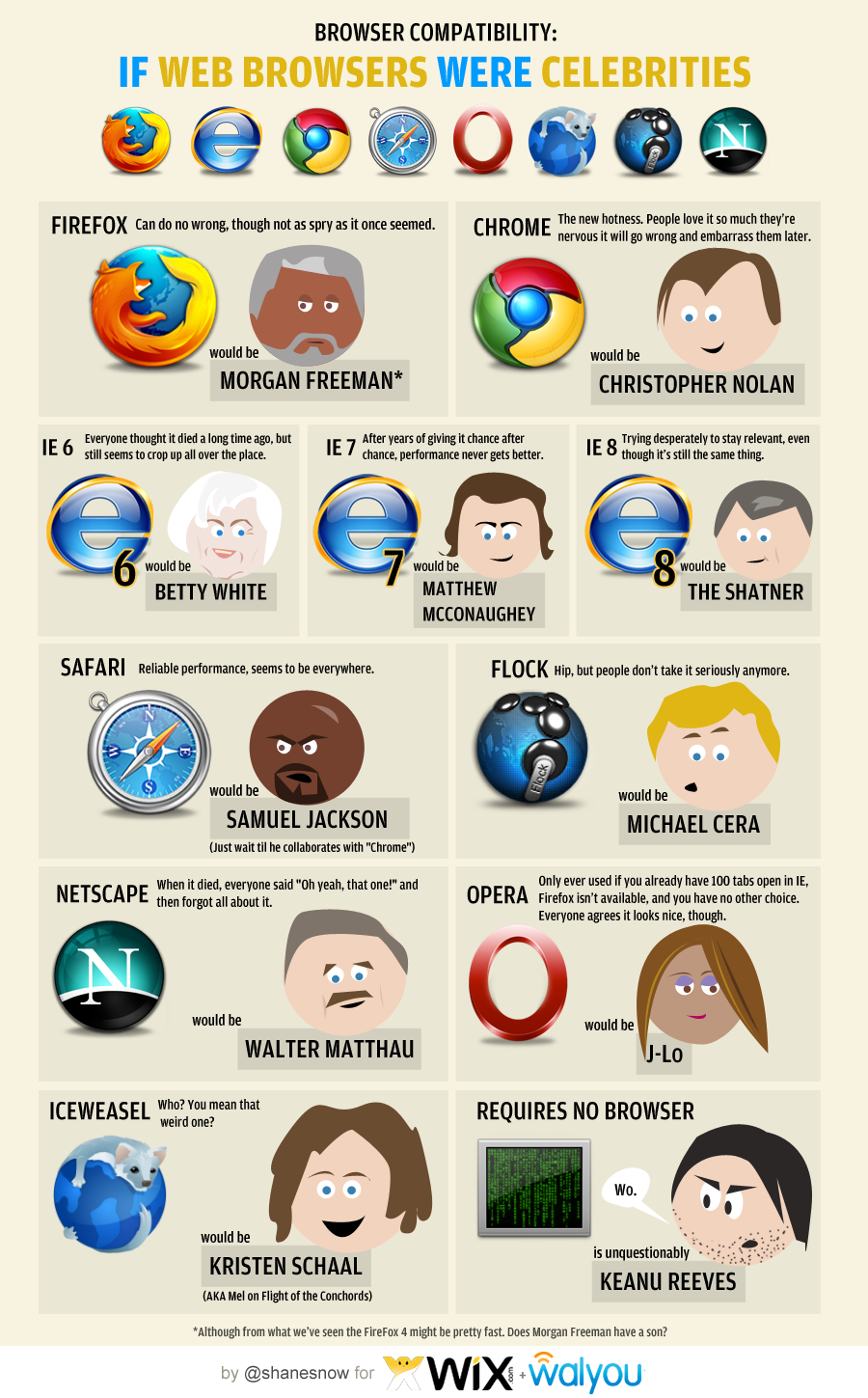The University of California and Nature Publishing Group are issuing the following joint statement concerning the status of our licensing discussions:
25 August 2010
Representatives from the University of California and Nature Publishing Group met on August 17, 2010 to discuss our organizations' current licensing challenges and the larger issues of scholarly communication sustainability. The discussion was positive, with a full exchange of views and mutual recognition of the value that each of us contributes to the scholarly communication enterprise. Our two organizations have agreed to work together in the coming months to address our mutual short- and long-term challenges, including an exploration of potential new approaches and evolving publishing models. We look forward to a successful planning and experimentation process that results in mutual agreement that serves all stakeholder groups—NPG, the UC libraries, and the scholar community, thus avoiding the need for the boycott that had been discussed at an earlier stage.
We are aware that many in the library, publishing, and academic communities are interested in the outcome of these discussions, and we will provide further updates on our progress as appropriate.
For the University of California:
Laine Farley
Executive Director
California Digital Library
University of California, Office of the President
Ivy Anderson
Director of Collections
California Digital Library
University of California, Office of the President
Brian E. C. Schottlaender
The Audrey Geisel University Librarian
University of California – San Diego
Past Convener, University Librarians Council
Karen Butter
University Librarian and Assistant Vice Chancellor
University of California – San Francisco
Richard A. Schneider
Associate Professor, Department of Orthopaedic Surgery
University of California – San Francisco
Chair, University Committee on Library and Scholarly Communication
Keith R. Yamamoto, PhD
Executive Vice Dean, School of Medicine
University of California, San Francisco
For Nature Publishing Group:
Della Sar
Marketing and Sales Director
Nature Publishing Group
David Hoole
Director, Intellectual Property Policy and Licensing
Nature Publishing Group


 The Libraries' spring exhibit, "Green Evolution: Creating a Sustainable Future," examines the changing conditions of our environment while showcasing a range of sustainability research and practice that is taking place at UCI and beyond. Topics covered include global warming and climate change, energy and alternative resources, water quality and management, and the latest practices for going green.
The Libraries' spring exhibit, "Green Evolution: Creating a Sustainable Future," examines the changing conditions of our environment while showcasing a range of sustainability research and practice that is taking place at UCI and beyond. Topics covered include global warming and climate change, energy and alternative resources, water quality and management, and the latest practices for going green. 



